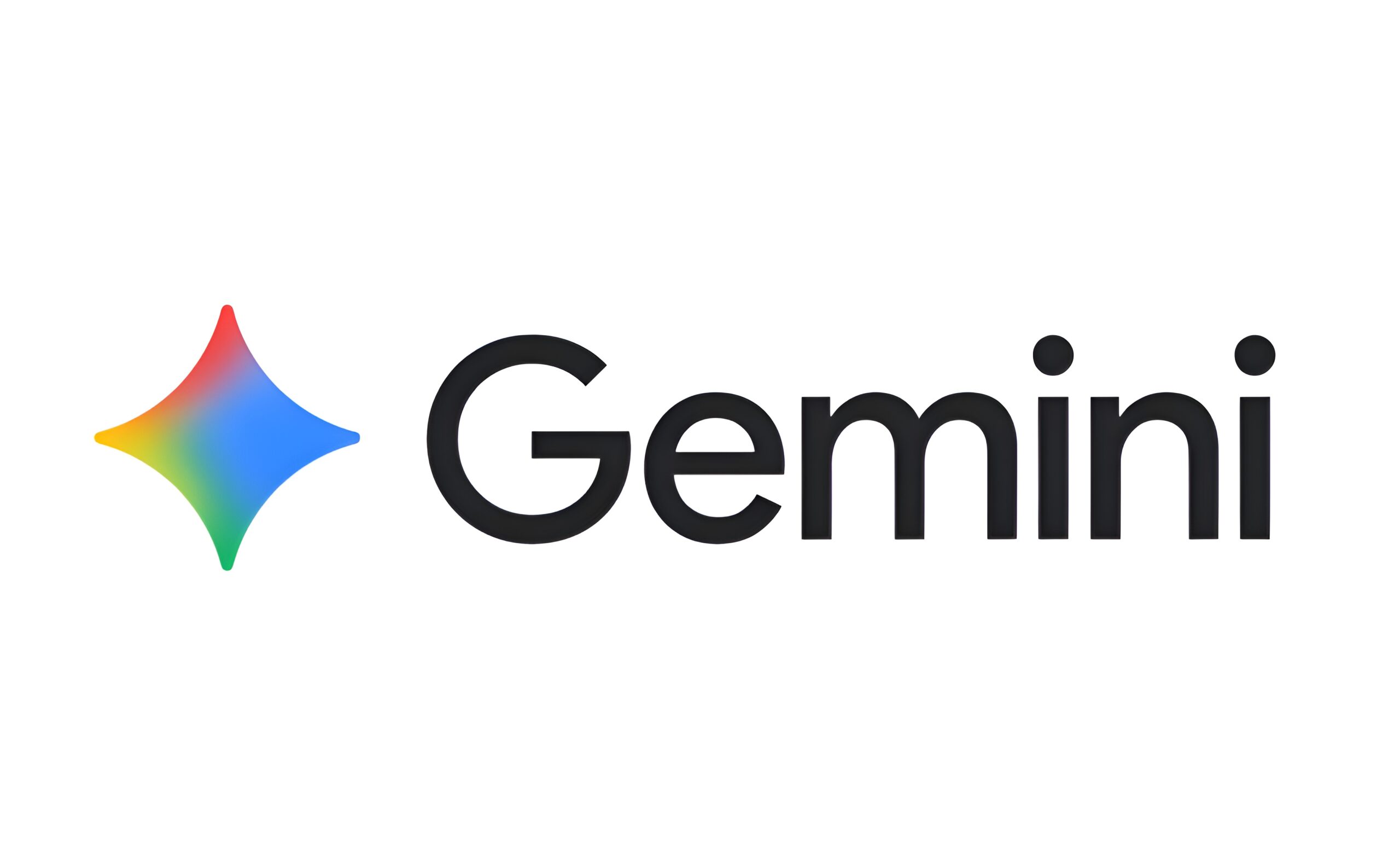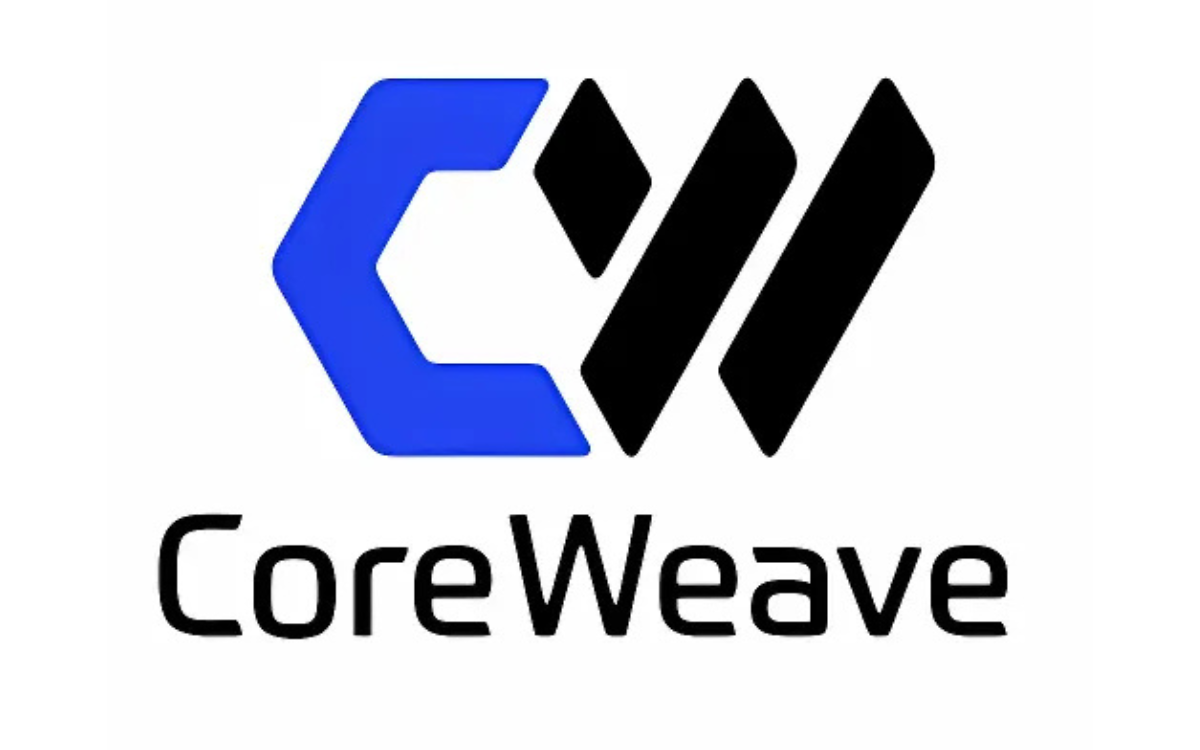Google’s Gemini has claimed the top spot on Apple’s App Store, unseating its long-standing rival, ChatGPT, as the number one free application. This remarkable ascent in mid-September 2025 is fueled by the release of a powerful new AI image editor, nicknamed “Nano Banana,” which has ignited viral social media trends and drawn millions of users worldwide in just a few weeks.
Viral art triggers massive user growth
The primary driver behind Gemini’s rapid climb is its advanced image generation model, officially named Gemini 2.5 Flash Image. Following its launch, the app experienced an immediate surge in popularity, gaining over 23 million new users between late August and early September. During this two-week period, the “Nano Banana” feature was utilized to generate or modify more than 500 million images.
This explosive activity rocketed the app from the 64th position on August 1 to the leading spot in the US, India, and on the Google Play Store, while also achieving high rankings in the UK and Canada.
This trend signals a notable shift in consumer behavior, showing a strong public appetite for standalone AI applications that provide tangible, creative outputs. While Google has integrated AI features across its services before, the voluntary rush to download the dedicated Gemini app shows how specific, powerful capabilities can capture the market. This mirrors the growth pattern once seen by ChatGPT with its own viral art trends, demonstrating how creative features can drastically alter an app’s market position.
Also Read: Smart insoles may change how athletes and patients track progress
The “Nano Banana” effect
The “Nano Banana” feature has enthralled users with intuitive tools that move beyond basic filters. The model is particularly adept at transforming ordinary photos into realistic 3D-style figurines, a capability that quickly became a social media sensation.
A key differentiator is its ability to maintain character consistency, allowing a person or pet to be placed in entirely different settings or historical periods while retaining their original likeness. Users can alter images with simple text prompts, such as converting a house into a tropical villa or a dress into one made of tennis balls.
This accessibility has powered countless creative trends on platforms like Instagram and X. Users have produced imaginative content ranging from images of themselves having tea with their younger selves to dramatic, 90s Bollywood-inspired portraits featuring chiffon sarees and golden-hour lighting. The tool empowers individuals without technical expertise to create highly shareable and unique visuals using just a photograph and a simple command.
Also Read: Owen Cooper becomes youngest male actor to win Emmy at just 15
Redefining the AI app market
Gemini’s rise poses a significant challenge to OpenAI’s ChatGPT, which has long been the dominant force in the AI app landscape. Google’s success demonstrates that the competition for user acquisition remains fierce and can be heavily influenced by innovative features that catch the public’s imagination.
In response to the overwhelming demand, Google was prompted to revise its usage policies for the image generator. The initial limit of 100 daily images for free users and 1,000 for paid subscribers has been adjusted.
To manage the immense server load, Google replaced the fixed daily limits with more flexible tiers, now described as “basic access” for free users and “highest access” for subscribers. This change allows the company to sustain its service while still offering a competitive free tier.




